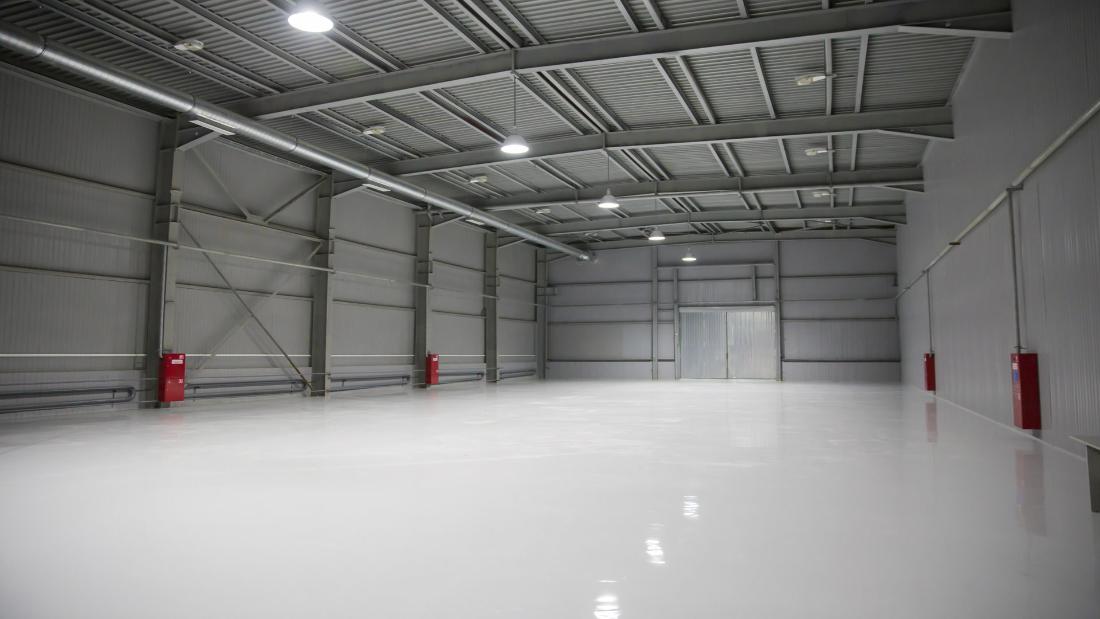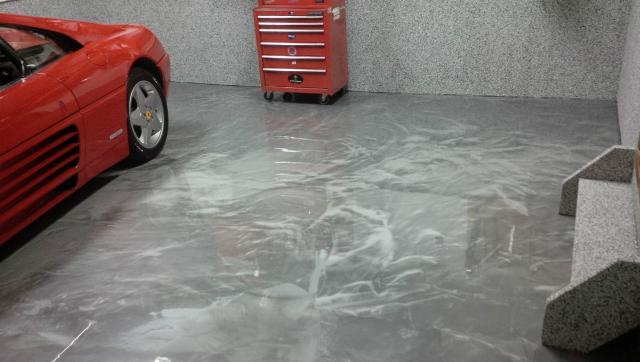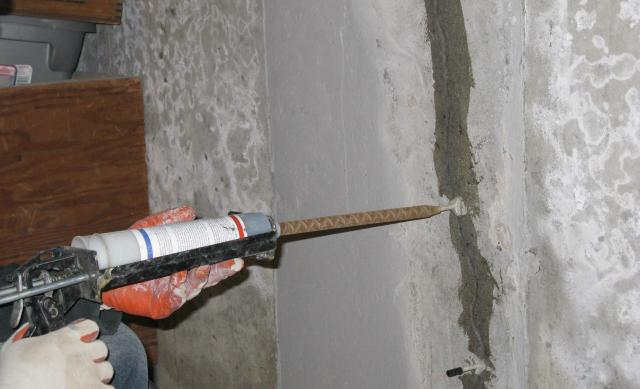Room
Epoxy
Apr 28 2022
Epoxy is a thermosetting polymer which is the end products of epoxy resin that is a very versatile resin that normally used as a coating for product or material. The coating usually provides extra strength, least susceptible to scratching, fading, chemicals, cracking or staining.
Introduction
The usage includes in metal coating, paint brush manufacturing, structural adhesives, electronic component glue, etc. Above all these usages, epoxy flooring is the most common usage of all. Epoxy flooring has the feature of a smooth surface, easy to clean, wear resistant, scratch resistant, water resistant and chemical resistance. Another competitive and alternative for flooring that has almost the same criteria of epoxy flooring would be the polyurethane flooring. On a certain case, they both can perform the same or overlap each feature so they are compared herein generally only.Applications
Epoxy flooring and polyurethane(PU) flooring have their own drawback and advantages so the choice is a subjective matter. Epoxy flooring is usually harder, more durable, higher compression strength than PU flooring. So that is why epoxy flooring is commonly found in warehouses, heavy duty industries, and indoor logistics center. However, PU flooring usually has better scratch resistant than epoxy flooring because they are usually softer and more elastic thus absorb most of the impact. PU flooring is commonly applied to high human traffic flow area and also certain food industries. Certain food industries choose PU flooring is because of the chances of exposure to lactic acids which will corrode or yellowing the epoxies. Both floorings are extremely sensitive to humidity so experts and also product guideline must be referred. PU flooring can easily modify their pot life, re-coat time and also curing time thus able to complete the flooring in a much shorter time(<48 hours) but on the other hand, epoxy flooring is less flexible and usually need more than 5 days to finish curing. A combination of epoxy and polyurethane can also be done since you can combine the benefit of both materials. As usual, your choice of the floor should always be based on your needs so consulting professional or second opinion is always recommended. Epoxy adhesive is usually sold in tubes or cans. Normally epoxy adhesive is separated into two part which one is resin and another is hardener. Both are mixed together when or before you want to use because curing is initiated once mixed. This adhesive is very strong, very durable, high temperature resistant, and also water resistant. Usually, this adhesive would only apply to most hardware product like metal, plastics, ceramics, etc but not recommended for flexible surfaces. So that's why most of this adhesive can be found on a construction site to repair the concrete crack. Epoxy adhesive is just like many other epoxy product as it requires a long dry and curing time before it can really perform. Drying time is about 12 hours and curing time is one to two days and all these can be varied with the surrounding temperature. Other application such as lamination for woods, walls, roofs, glass, sheet, etc.
Advantages
A good epoxy product usually has the following advantages:high strength
water resistant
temperature resistant
grease resistant
chemical resistant
easy to clean
Popular epoxy product:
Epoxy Resin
Epoxy Resin pigment
Epoxy Resin Hardener
Epoxy Tile Grout
Epoxy Sealer
Waterbased Epoxy Coating
Metallic Epoxy Flooring
Epoxy Flake Coating
Epoxy appliances often required skilled craftsmen as inappropriate method or step would result in low-quality result such as chipping, not bonding or not last long. Sometimes the price of hiring professional for epoxy appliances is really worth it.
Contact us today for your epoxy flooring, epoxy product supplier or epoxy flooring contractor in Malaysia.


